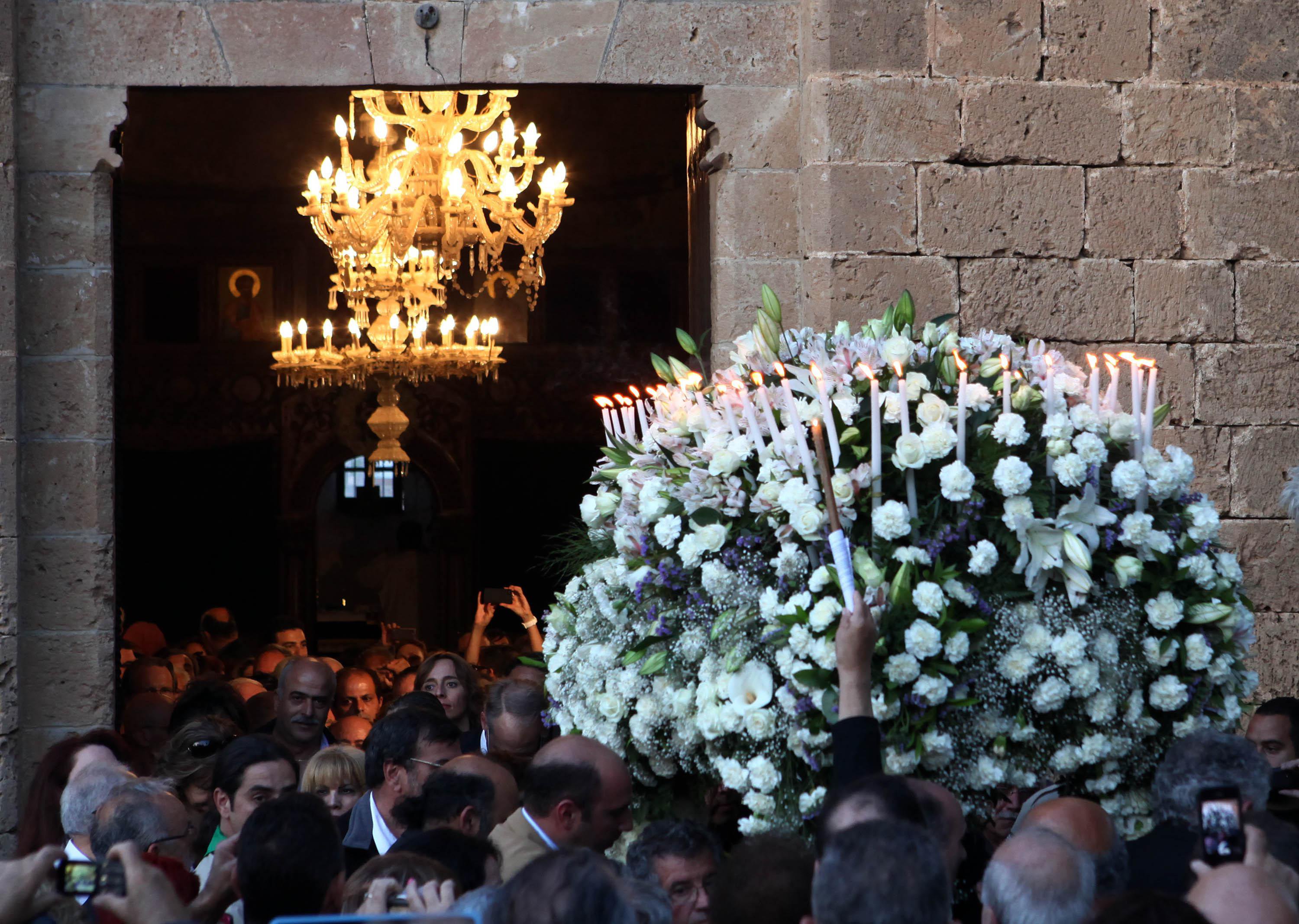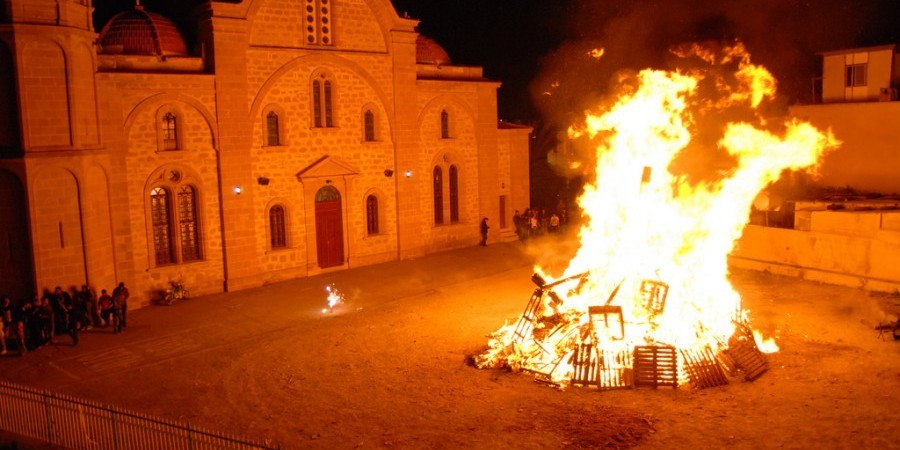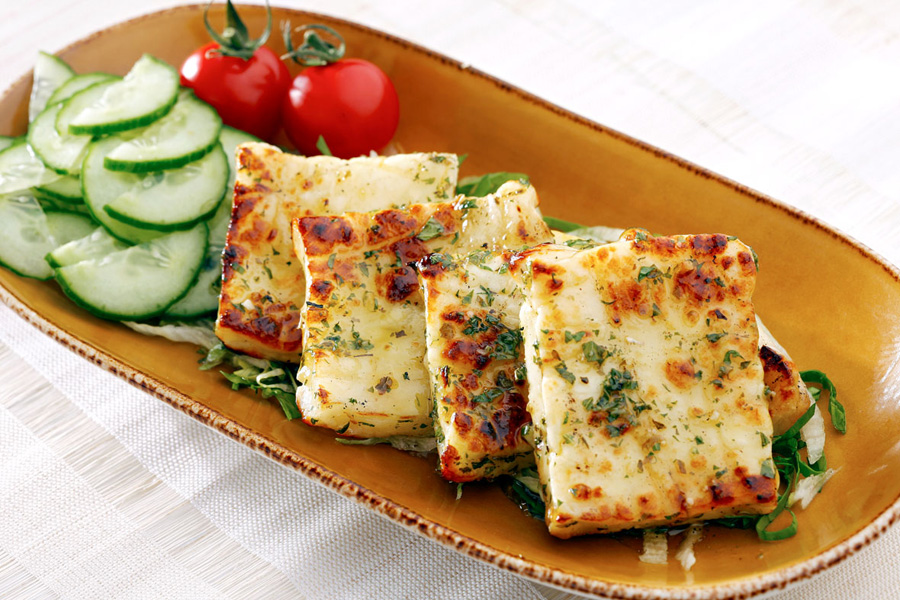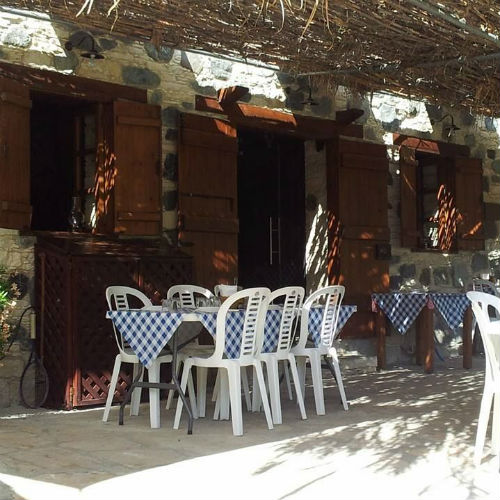Holy Week in Cyprus

If you find yourself on the island during Greek Orthodox Holy Week, you will find Cyprus has put on its best dress to celebrate Easter Sunday, with churches decorated in flowers and shops filled with traditional delicacies and products.
Holy Week in Cyprus begins on the Saturday of Lazarus, a day before Palm Sunday, with a big celebration held in Larnaca, where the Saint is reported to have been buried after he arrived in Cyprus.
Saint Lazarus is said to have come to the island, after he was resurrected by Christ, a week before the latter’s resurrection, and been ordained bishop of the ancient city of Kition.
After his death he was buried in the area, where a church stands to honour his memory.
The church is at the centre of Larnaca, and was commissioned by the Byzantine Emperor Leo VI in the ninth century, the church was built over Saint Lazarus’ tomb.
On the feast day of the saint, his icon is taken out of the church and a procession runs throughout the city.
Palm Sunday is the official start of Holy Week on the island, and traditionally Orthodox Christians celebrate Christ’s arrival in Jerusalem. Fish is consumed on Palm Sunday, while during the rest of the week strict fasting is observed.
If you are on the island, you will find that many places serve Lenten menus, which include dishes that do not contain meat, fish, and dairy products.
On Monday, Tuesday, and Wednesday morning and evening services are held in all the churches across Cyprus.
Wednesday night is a special ceremony for many Orthodox Christians, as the church service recounts the tale of the Last Supper, and seven blessings are read, and Holy Unction is prepared.
On Thursday evening, the passion of Christ is celebrated, and churches are decorated in mournful colours, purple and black. The cross and Christ are taken out of the altar and walked around the church by the priest, during the fifth of the twelve gospels read. The cross is placed in front of the altar.
Thursday is also when eggs are dyed red in Cyprus in preparation for Easter, as the next days are considered days of mourning.
On Friday, the morning service sees Christ removed from the cross, and placed in a tomb called an Epitafios, which is decorated with flowers. The service in the evening is a funeral service, and the tombs are taken out of each church and marched around their respective towns and cities.
The morning service on Holy Saturday celebrates what is traditionally known as the first resurrection, which is when the maidens went to anoint Christ’s body following his death, and the angel standing outside his tomb told them that there was no body, and that he had risen.

Bonfires are built throughout the week, in preparation for Saturday night’s service. Be careful to not get too close though, because they are very big.
The fires are created to burn Judas, the disciple of Christ that betrayed him. After the resurrection at 12am, when Christos Anesti (Christ is risen) is chanted the fires are lit.
Families traditionally go home and eat soup, an egg, and maybe a flaouna.
On Sunday, families gather and enjoy a meal.
Friday, Saturday, Sunday, and Monday are all holidays, and many businesses are not open.




